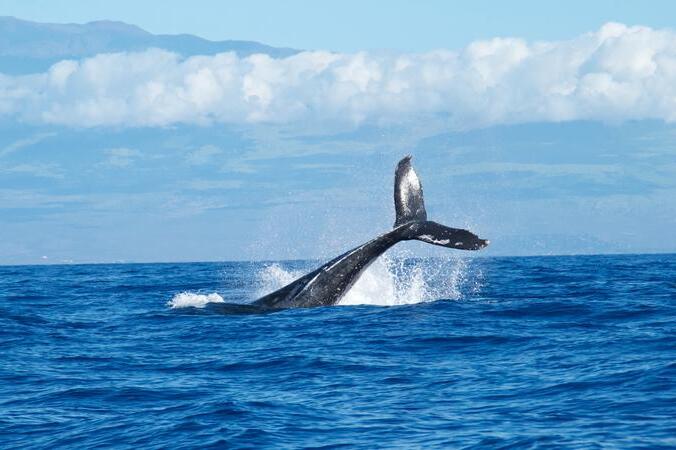You see, killer whales, who live at the top of the ocean food chain, used to prey on sperm and baleen whales.
虎鲸在海洋食物链占据最高层,它通常捕食抹香鲸和须鲸。
When these were no longer available, the killer whales were forced to fish farther down the food chain.
当不是不到这类猎物时,虎鲸被迫捕食位于下一层的食物链(的生物)。
First they fed on seals, which were the easiest to catch and the most nutritionally valuable.
它们最先捕食的是海豹,后者最容易捕捉且营养价值最高。

Then, when seals became rare, the killer whales turned to sea lions.
然后,当海豹逐渐稀少,虎鲸将猎杀的目标转向海狮。
When the sea lion population crashed, they started fishing sea otters.
而当海狮濒危后,虎鲸又开始猎杀海獭。
The domino effect reaches even farther. Without sea otters keeping sea urchins in check, their population has exploded.
这一多米诺效应逐渐延伸。没了海獭约束海胆,海胆的数量迅速膨胀。
And they've destroyed the kelp forests, and with it, the kelp forest ecosystem in southwestern Alaska.
此外,它们还会破坏阿拉斯加西南部的海藻林生态系统。
What all these means is that animals switching food sources can have a very serious effect on the environment.
动物间交换食物来源会对环境造成严重的影响。
And that we humans, as the ultimate predators, need to give a lot of thought to the way the choices we make can affect the food web in unintended ways.
而人类作为终极捕食者,需要慎重得考虑所做的决定。这些决定可能会以人们所不知道的方式来影响食物链。



